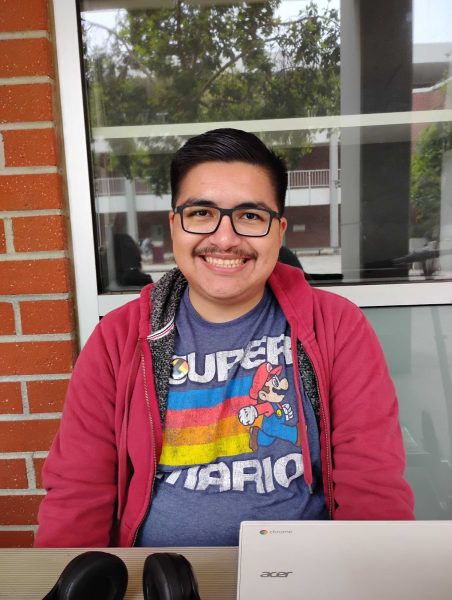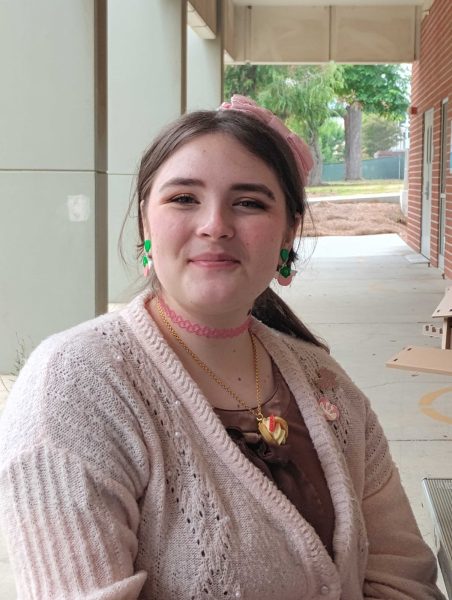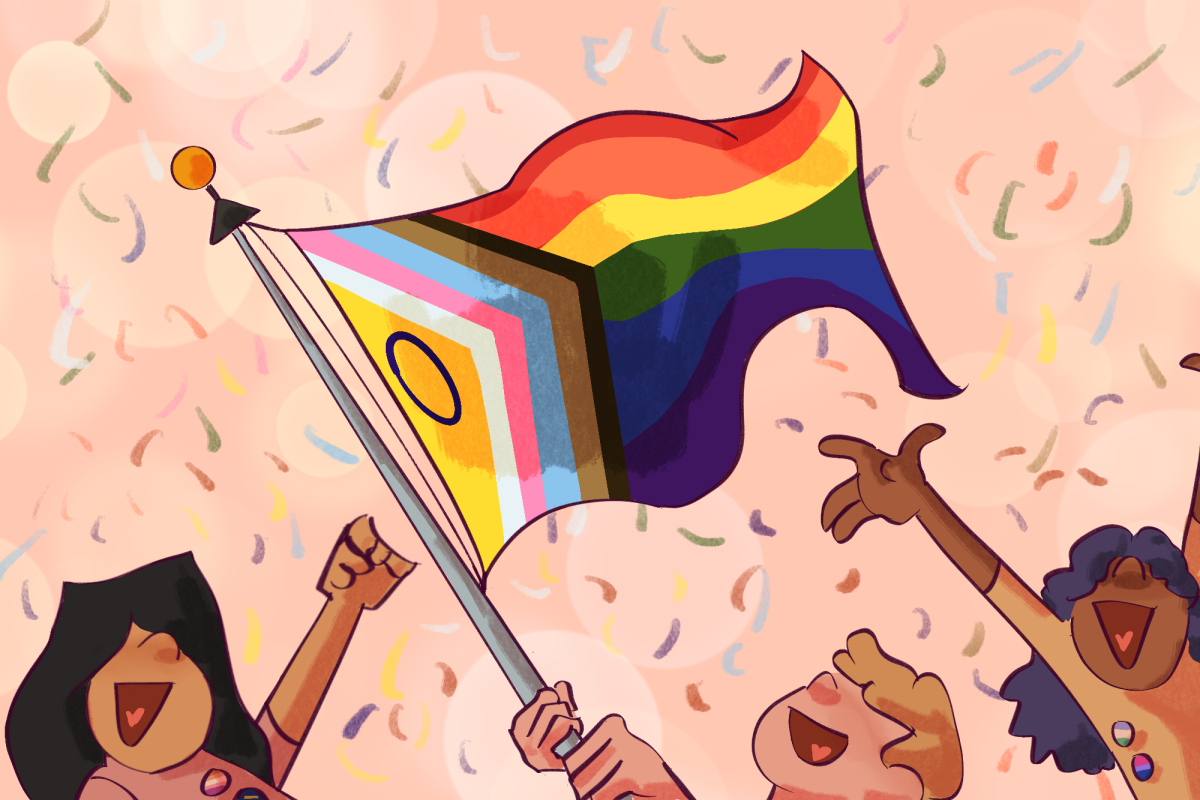From President Joe Biden’s 2024 Proclamation on Pride Month to Nick Offerman’s portrayal of Bill on “The Last Of Us,” the gay community’s acceptance has come a long way.
However, America’s history with the gay community hasn’t always been one of support and a month of celebration.
On June 28, 1969, the Stonewall Inn was raided in an attempt to close a bar that was violating licensing regulations. This was seen as a pivotal moment that served as the catalyst to electrify the gay rights movement.
Participants in Stonewall, like Mark Segall, created both the Gay Liberation Front and Gay Youth. Marsha P. Johnson, a former drag queen and ‘60s and ‘70s gay rights activist, co-founded the Street Transvestite Action Revolutionaries. Even observers who weren’t present were inspired. Arthur Evans created the Gay Activist Alliance in response to Stonewall.
Pride Month sprouted in commemoration of the Stonewall Uprising. Gay acceptance has been a decades-spanning endeavor.
In 1978, California State Senator John Briggs proposed an initiative in where, “A district school board would be required to dismiss, or refuse to hire any person who has engaged in homosexual activity.” 42% of Californians supported the bill.
California, even as of 2008, didn’t support Prop 8, in which 52% of voters voted to “define marriage as between one man and one woman.”
Only as of 2012 did a majority of Americans agree in favor to gay marriage.
As of today, activist groups like the Queer Liberation Library, work to create a haven for queer literature. Its founder, Kieran Hickey, stated that “queer people have so many barriers to access queer literature.”
According to The Harvard Gazette, book bans targeting LGBTQ content reached record level highs in 2022 and the American Library Association recorded nearly 1,300 attempts to ban and restrict these kinds of books in 2023.
Gay acceptance has come a long way, from deciding whether or not queer people can be teachers and deciding if they should have the right to marry each other, with it currently standing at 71%.
As far as representation, shows like “Last of Us” and “Steven Universe” present to large audiences instances of same gender relations as well as non-binary and trans individuals.

Mt. SAC pride club member Guillermo Olmos, 20, speaks about how the current landscape of society is one where he feels accepted.
“I feel like wherever I go people welcome me in,” Olmos said. “Representation now is as strong as it’s ever been.”
He also commented that if it wasn’t for current social media that he probably wouldn’t feel as he currently does.

Acceptance is not absolute. Fellow pride club member Gio Hanoum, 19, speaks to how there’s still more to overcome.
“The really right-wing is popping up in America again,” Hanoum said. “It has been pretty scary to be gay in America, we’re very lucky we live in a blue state.”
Hanoum then goes on to speak to his fears for his transgender friends living in Texas and Florida, “The rights of trans people are still being threatened across the US.”
Hanoum said that representation has been getting better but still finds issues like finding characters to represent him, given his identity as a feminine transman.
The LGBTQ+ has overcome a lot to be where it currently is. Activists and members of the community comment about the growth but also recognise there’s still more to be done.



